How Technology Supports Relationships Between Teachers & Students
During the three years my colleagues and I spent researching our book Whole: What Teachers Need to Help Students Thrive, we investigated the unique success stories of schools that were “out-performing their zip code.” Often situated in poor neighborhoods, the one consistent element across these “success outliers” was a culture focused on social and emotional well-being, first for teachers and then for students.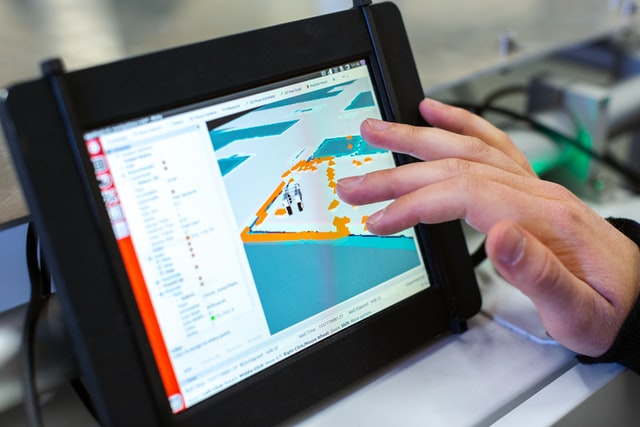 Photo by ThisisEngineering RAEng on Unsplash
Photo by ThisisEngineering RAEng on Unsplash
Enter COVID-19 and an explosion of stress, emotional challenge, and a distance in space and time between teacher and student. Much of what we understood about schooling changed in a matter of days, including schools’ ability to connect with teachers and students in an emotional, caring, and personalized manner. Technology had to immediately fill the gap, and that need will continue.
- 0 Comments
- Aug 14, 2020 10:00:00 AM
- Posted by Natalia Galvis
- Topics: Robotics, EdTech, STEM, Robots,, students, Technology, Learning, Edchat, classroom
Pepper Robot Can Scan Your Face and Ask you to Wear a Face Mask
Pepper is expanding its skills to help limit exposure to viruses and ensure people are wearing a mask in confined spaces. SoftBank Robotics Europe hopes the robot will help businesses reopen safely.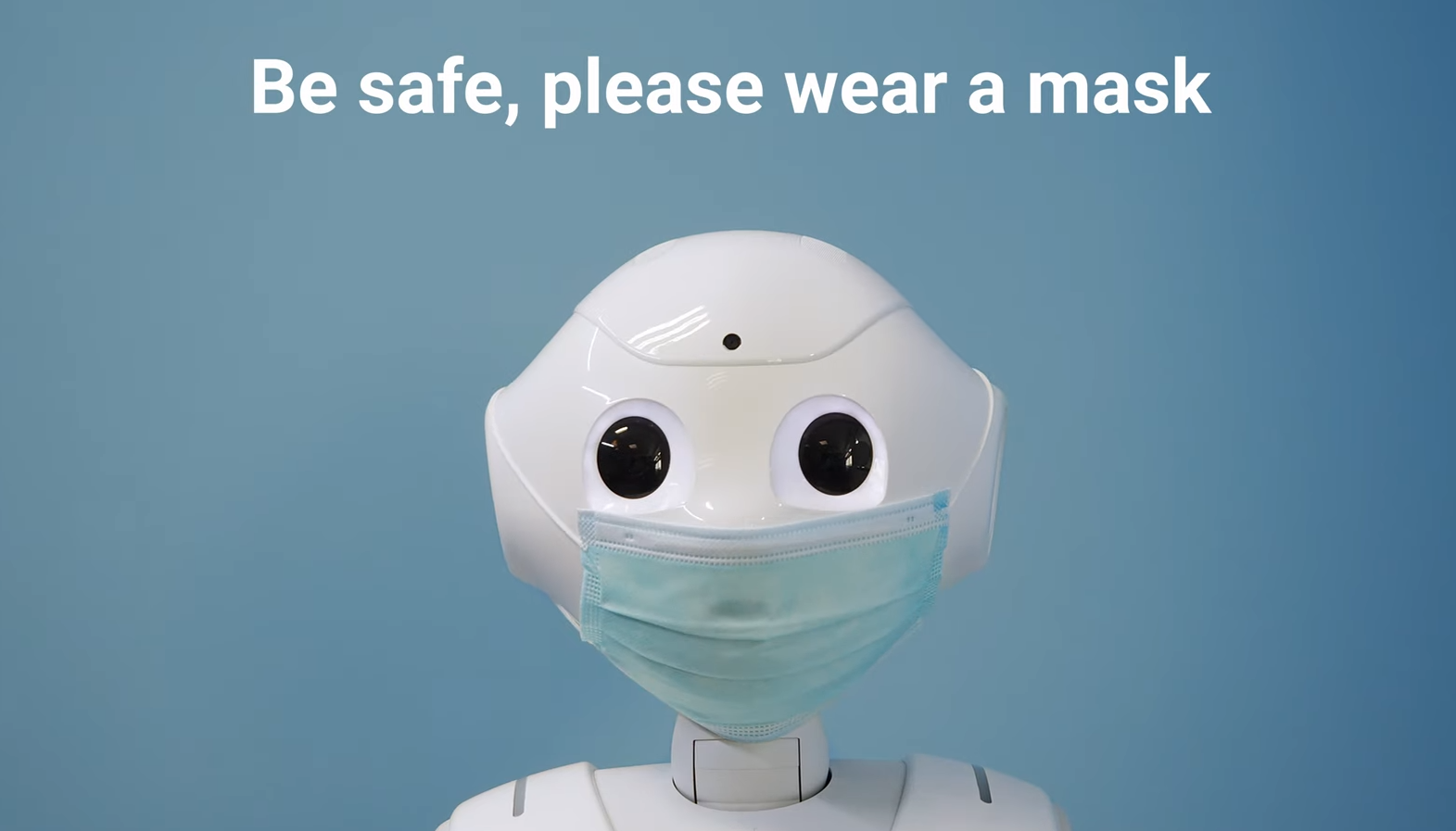
- 0 Comments
- Aug 6, 2020 10:00:00 AM
- Posted by Natalia Galvis
- Topics: Robotics, STEM, Pepper, Robots,, students, Technology, Edchat, coronavirus, covid19
A 2021 Definition of EdTech
Edtech allows for one learner or five million to learn, anywhere on earth, and to take the same classes as each other.  Photo by Franck V. on Unsplash
Photo by Franck V. on Unsplash
- 0 Comments
- Aug 5, 2020 10:00:00 AM
- Posted by Natalia Galvis
- Topics: Robotics, STEM, Robots,, students, Technology, Edchat, coronavirus, covid19, lessons, collaboration, returning to school
DOBOT Robotic Arm in the US
Check these DOBOT news wrap-up! and learn how this STEAM classroom solution has been implemented in the U.S
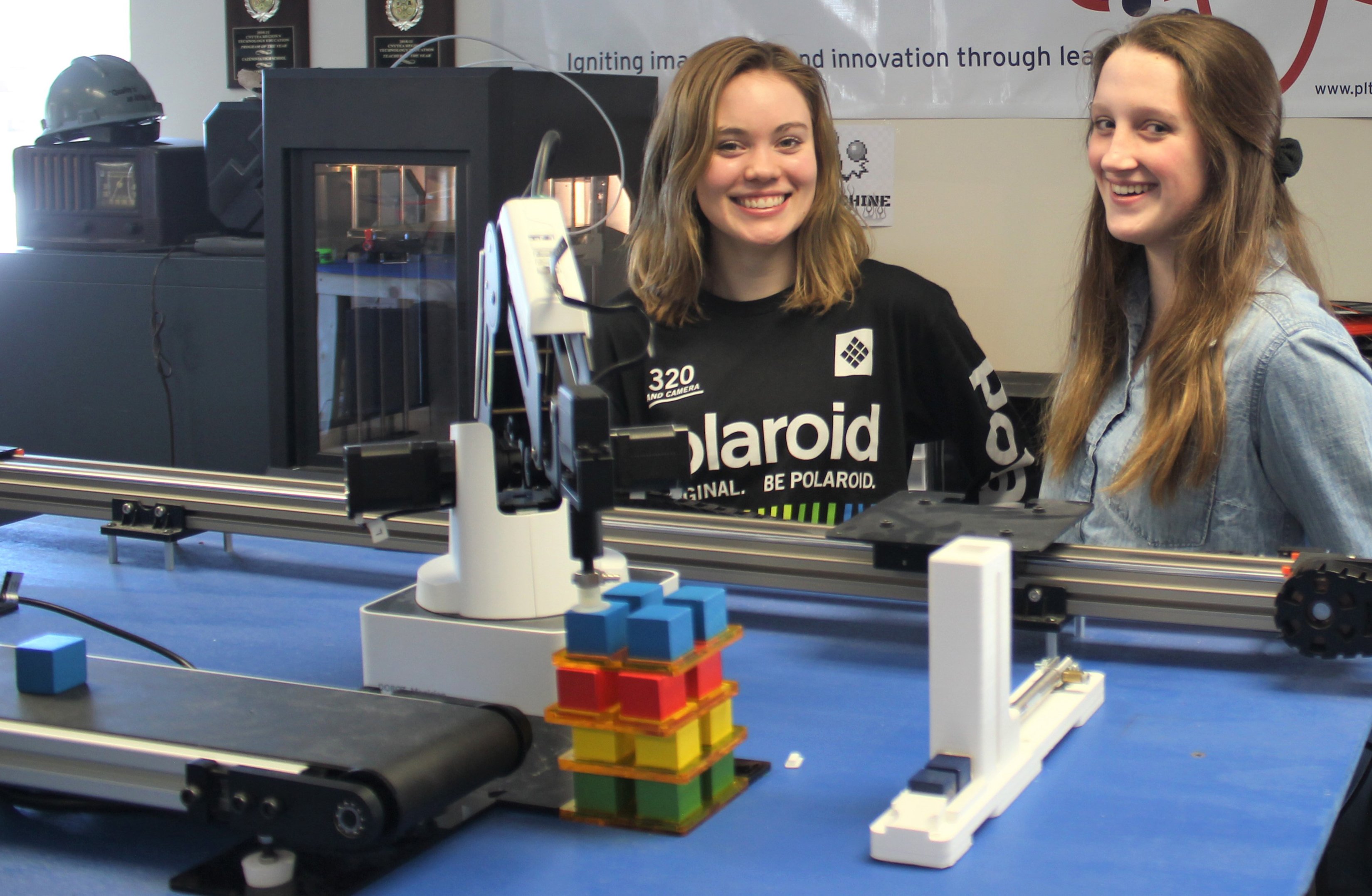
- 0 Comments
- Aug 4, 2020 10:00:00 AM
- Posted by Natalia Galvis
- Topics: Robotics, STEM, Robots,, students, Technology, Dobot Robotic Arm, Edchat, coronavirus, lessons, collaboration
Return to School During COVID-19
 Photo by note thanun on Unsplash
Photo by note thanun on Unsplash
A big question parents have right now is how students can go back to school safely during COVID-19. The latest American Academy of Pediatrics (AAP) advice says children learn best when they are in school. However, returning to school in person needs careful steps in place to keep students and staff safe.
- 0 Comments
- Aug 3, 2020 10:00:00 AM
- Posted by Natalia Galvis
- Topics: Robotics, STEM, Robots,, students, Technology, Edchat, coronavirus, covid19, lessons, collaboration, returning to school
3 Easy Steps to Using a Collaboration Technology Approach
No teacher can do it all.
 Running a classroom, delivering instruction, and giving timely feedback are huge tasks by themselves. The good news is that responsibility for learning doesn’t have to fall solely on the teacher’s shoulders. This responsibility can be shared with students through collaborative technology. In fact, the outcomes are better if the teacher is willing to adopt collaborative technology in the classroom.
Running a classroom, delivering instruction, and giving timely feedback are huge tasks by themselves. The good news is that responsibility for learning doesn’t have to fall solely on the teacher’s shoulders. This responsibility can be shared with students through collaborative technology. In fact, the outcomes are better if the teacher is willing to adopt collaborative technology in the classroom.
Many teachers have already adopted a collaborative technology approach in their classrooms. They’ve been willing to step away from center stage and let their students take on more responsibility for their learning.
You can bring collaborative technology into your classroom if you are willing to help your students envision, explore, and enrich.
- 0 Comments
- Jul 31, 2020 10:00:00 AM
- Posted by Natalia Galvis
- Topics: Robotics, STEM, Robots,, students, Technology, Edchat, coronavirus, online, distance learning, lessons, collaboration
A Vision for the Future of Virtual Reality in Education
Virtual Reality (VR) is slowly taking over our entertainment industry. But what are the implications for other areas of our lives, such as business, health, and even…education?
While the educational realm generally takes longer than anyone else to embrace new technology, VR brings many implications for the schools of tomorrow.
Here are some ways in which VR might change the face of education in the future.
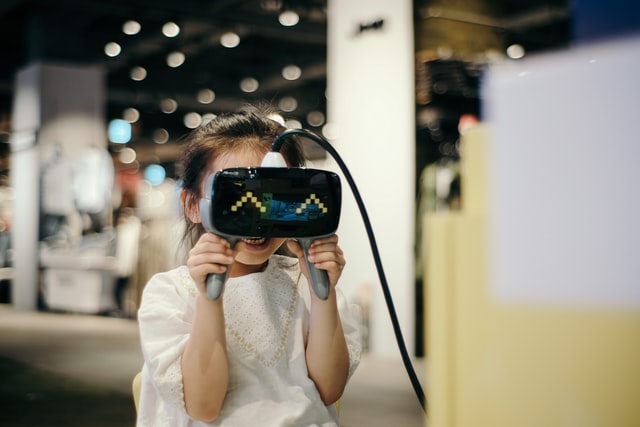 Photo by insung yoon on Unsplash
Photo by insung yoon on Unsplash
- 0 Comments
- Jul 13, 2020 10:00:00 AM
- Posted by Natalia Galvis
- Topics: EdTech, STEM, Coding, students, Technology, VR, Realidad Virtual, Réalité virtuelle, online
10 Roles For Artificial Intelligence In Education
For decades, science fiction authors, futurists, and movie makers alike have been predicting the amazing (and sometimes catastrophic) changes that will arise with the advent of widespread artificial intelligence.
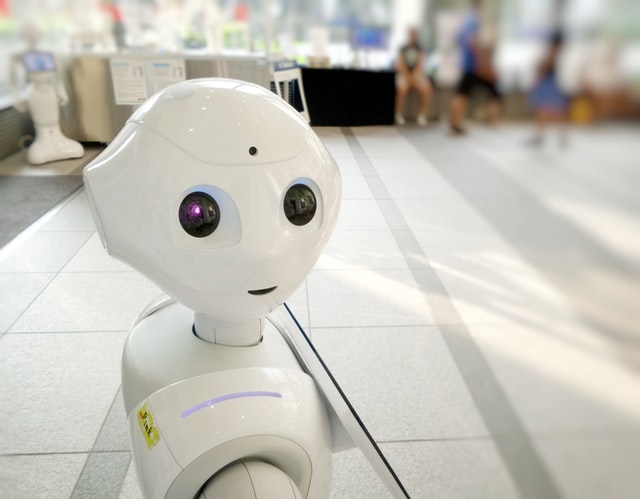 Photo by Franck V. on Unsplash
Photo by Franck V. on Unsplash
So far, AI hasn’t made any such crazy waves, and in many ways has quietly become ubiquitous in numerous aspects of our daily lives. From the intelligent sensors that help us take perfect pictures, to the automatic parking features in cars, to the sometimes frustrating personal assistants in smartphones, artificial intelligence of one kind of another is all around us, all the time.
- 0 Comments
- Jul 10, 2020 10:00:00 AM
- Posted by Natalia Galvis
- Topics: STEM, Artificial Intelligence, Coding, students, Technology, Edchat, AI, online
Do Your Classes Include Technology Integration?
Whether you include it in your instruction or not, the students in your classes are using technology. Unfortunately, their access is not always school-related.
You can change that if you’re willing to require that students use technology as part of their learning experience. The first step to authentic technology integration in any classroom lies in differentiating how students use technology. Would you rather that your students be entertained or be accountable?
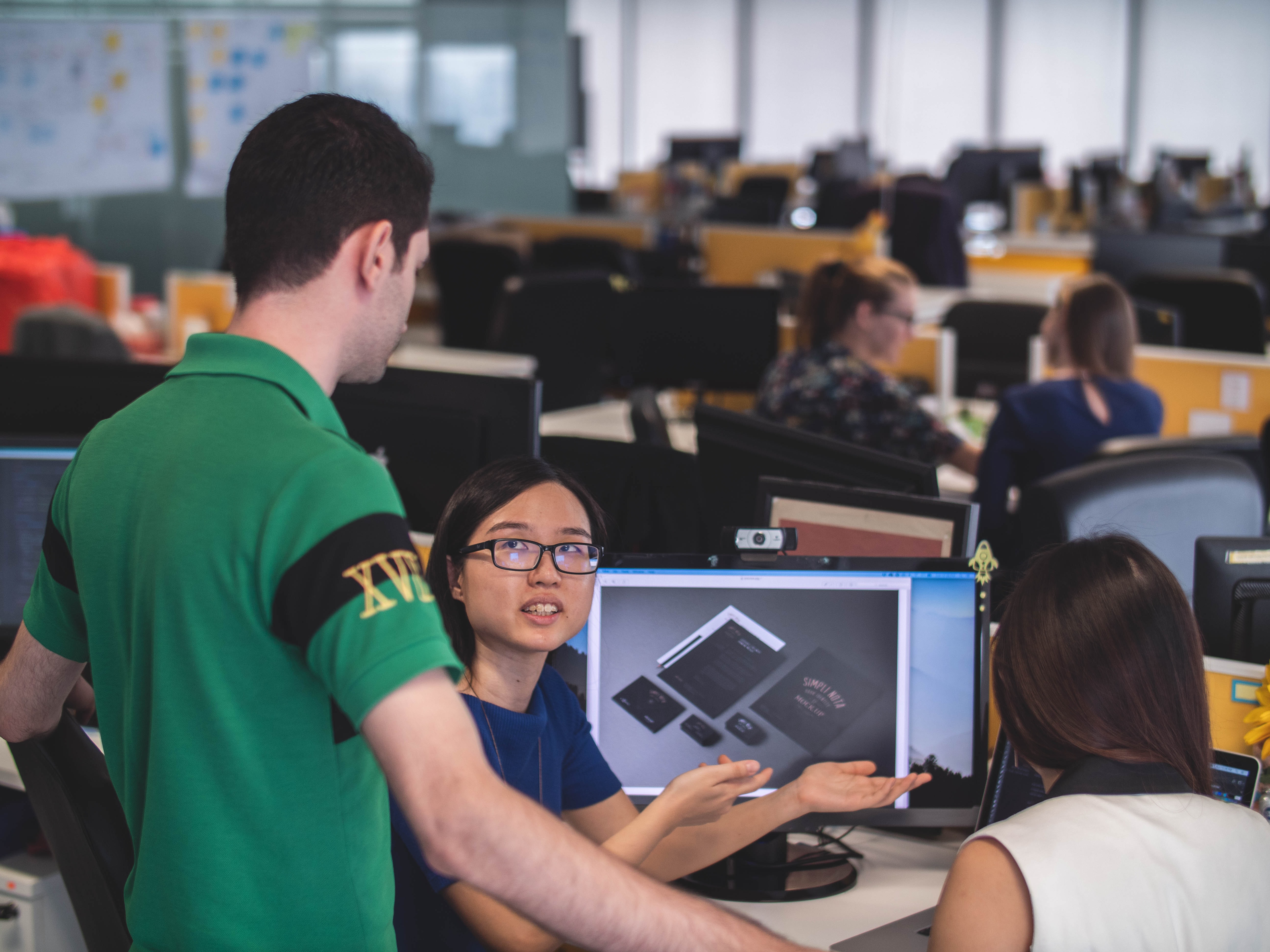 Photo by Mimi Thian on Unsplash
Photo by Mimi Thian on Unsplash
- 0 Comments
- Jul 9, 2020 10:00:00 AM
- Posted by Natalia Galvis
- Topics: STEM, Coding, students, Technology, Edchat, online, distance learning
3 Ways STEM Learning Speaks to The Future of Work
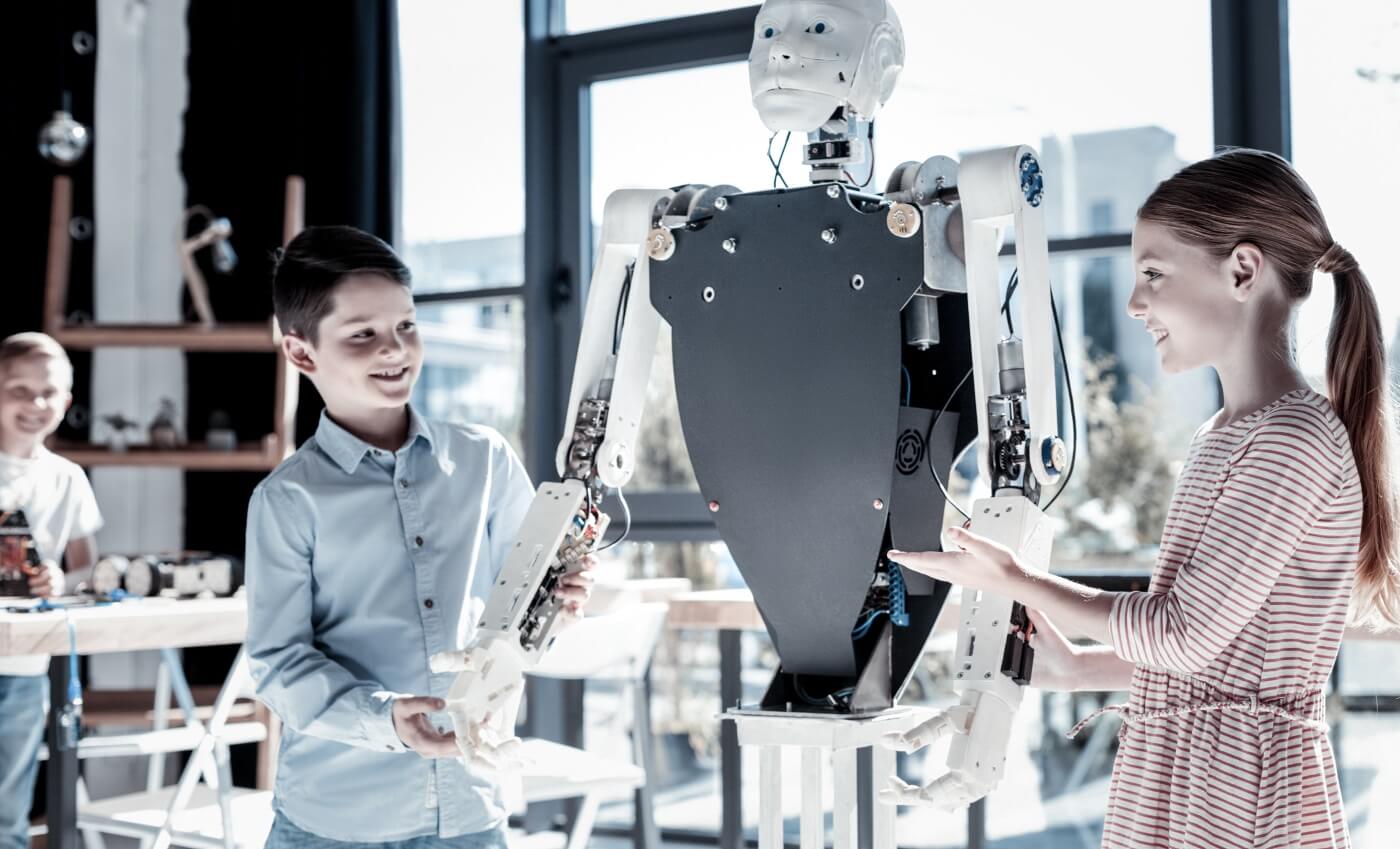
To succeed in college and the workplace, students require a solid foundation in STEM learning. Experience in these subjects does not only benefit aspiring scientists and engineers–it’s essential for all students.
In fact, between 2017 and 2027, the number of STEM jobs will grow 13 percent. Even positions in traditionally non-STEM fields (estimated to grow by 9 percent) will require some sort of technological knowledge.
- 0 Comments
- Mar 13, 2020 10:00:00 AM
- Posted by Natalia Galvis
- Topics: EdTech, STEM, 21st Century Classroom, Technology, Engineering, Innovation, STEMchat, Edchat
Relevant Posts
Popular Posts
Subscribe to Email Updates
-
I Want To Learn MoreADDITIONAL INFORMATION


